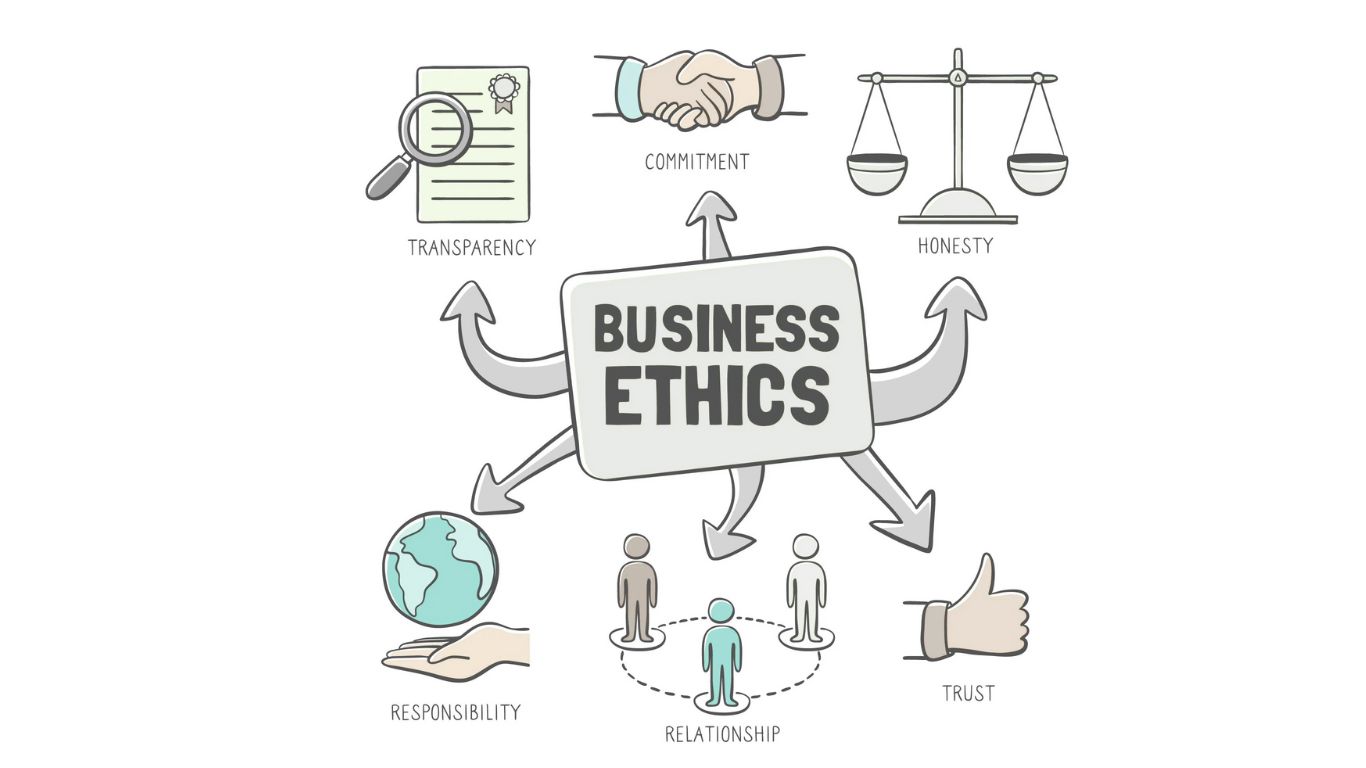Halal Earning: Islamic Ethics in Business
In today’s fast-paced, profit-driven world, the concept of ethical earning often gets lost in the race for financial success. But for Muslims, earning a living isn’t just about numbers on a paycheck—it’s a form of worship. Islam places deep importance on halal earning (lawful income) and the principles that surround it. So, what does it really mean to earn halal, and how do Islamic ethics guide our business conduct?
Let’s explore the timeless wisdom Islam offers on earning ethically, honestly, and with barakah (blessing).
What Is Halal Earning?
At its core, halal earning refers to income acquired through lawful means, as defined by Islamic law (Shariah). It’s not just about avoiding haram sectors like alcohol or gambling—it’s also about how we earn: with integrity, transparency, and fairness.
It’s About Both: Lawful Source + Ethical Means
-
Source: The business or job itself must be permissible.
-
Means: The methods used must be just and free from dishonesty or exploitation.
When both align, the result is income that carries spiritual and moral value—halal earning in its true sense.
Why Halal Income Matters

Allah says in the Qur’an:
“O you who believe! Eat of the good things that We have provided for you, and be grateful to Allah, if it is indeed Him that you worship.”
(Surah Al-Baqarah 2:172)
Islam teaches that our consumption, our wealth, and our lifestyle should be pure and clean. That’s why halal earning is not just a financial matter—it’s directly tied to your Iman (faith), your heart, and your relationship with Allah.
The Benefits:
-
Barakah (blessing) in your wealth and life.
-
Acceptance of duas and worship.
-
Inner peace and a clean conscience.
-
Protection from the spiritual harm of haram income.
Core Principles of Islamic Business Ethics
To fully embrace halal earning, you need to understand the ethical framework Islam provides:
1. Honesty in Transactions
The Prophet ﷺ said:
“The truthful and trustworthy merchant is with the Prophets, the truthful, and the martyrs.”
(Tirmidhi)
Deception in sales, false advertising, or hiding product flaws undermines the foundation of lawful income.
2. Justice and Fair Dealing
You must be fair in pricing, wages, and contract terms. Unethical shortcuts, even if legal, go against the spirit of halal earning.
“Give full measure and weight with justice.”
(Qur’an, 6:152)
3. Avoiding Interest (Riba)
Islam strictly prohibits earning from interest. Riba-based income is incompatible with the principles of halal earning.
4. Respecting Contracts and Trusts
Keeping your word, fulfilling deals, and delivering as promised are essential. Breaking trust corrupts your rizq.
Everyday Examples of Halal and Haram Earnings
Let’s look at some scenarios:
-
A rideshare driver who works honestly, respects customers, and avoids unethical practices is engaging in halal earning.
-
A marketer who lies about product benefits or an employee involved in bribery may be earning haram—even if the job title is respectable.
-
Someone working for a conventional bank might be in a gray area; seeking a scholar’s guidance is wise when your role involves interest or unethical services.
Intention: The Heart of Halal Earning
In Islam, niyyah (intention) matters. If your goal is to provide for your family with dignity and to avoid forbidden sources, even the simplest job can bring immense reward. Allah values sincerity.
A cleaner earning a modest wage honestly may have more barakah than a CEO engaged in unethical dealings.
Encouraging Entrepreneurship: The Sunnah Way
The Prophet ﷺ was a businessman before revelation. Many companions were traders who prioritized integrity over profits. Islam doesn’t discourage wealth—it encourages earning it the right way.
Running your own business can offer better control over halal earnings. You choose the industry, set ethical policies, and ensure your money comes from clean, just efforts.
Challenges Muslims Face Today
Modern economies present unique obstacles:
-
Riba-based financial systems.
-
Normalized dishonesty in sales or marketing.
-
Job offers in questionable industries.
Still, earning lawfully is possible with effort and faith. Many Muslims around the world are finding ways to commit to halal earning, even in difficult environments.
Practical Tips to Maintain Halal Income
-
Reflect regularly on your income sources.
-
Educate yourself about what’s halal in your specific field.
-
Consult scholars for complex or gray-area jobs.
-
Use Islamic financial tools, like halal investment platforms or interest-free banking.
-
Prioritize ethics over temporary gain.
Final Thoughts: Barakah Over Bank Balance
Halal earning is about choosing barakah over bare profit. It’s about knowing that what you earn will serve you in this life and be a source of reward in the next. Wealth is not inherently wrong—it’s how you earn, use, and share it that matters.
The Prophet ﷺ said:
“Leave that which causes you doubt for that which does not.”
(Tirmidhi)
Let that guide your career and business choices. When in doubt, always take the cleaner path. You’ll never regret wealth earned with dignity.
💡 Takeaway:
Chase halal earning, not just income. When your rizq is pure, your heart is lighter, your prayers are stronger, and your life is more peaceful. May Allah bless you with halal wealth, barakah in time and effort, and the wisdom to choose the right path. Ameen.
For more blogs How the Quran Addresses Mental Health -2025

